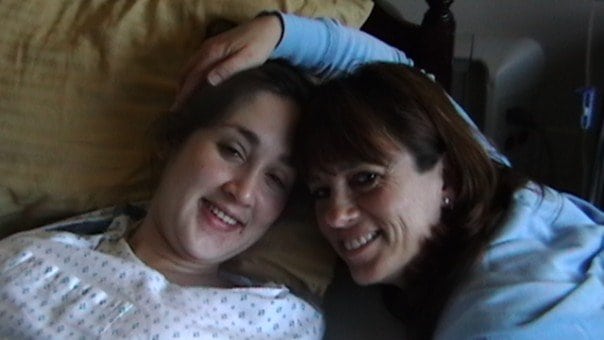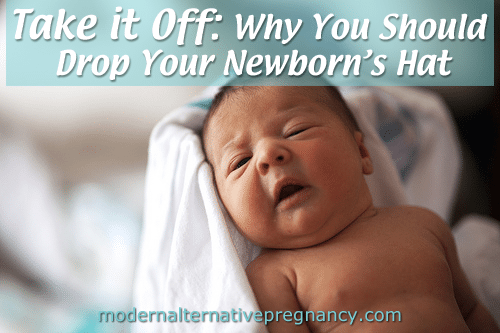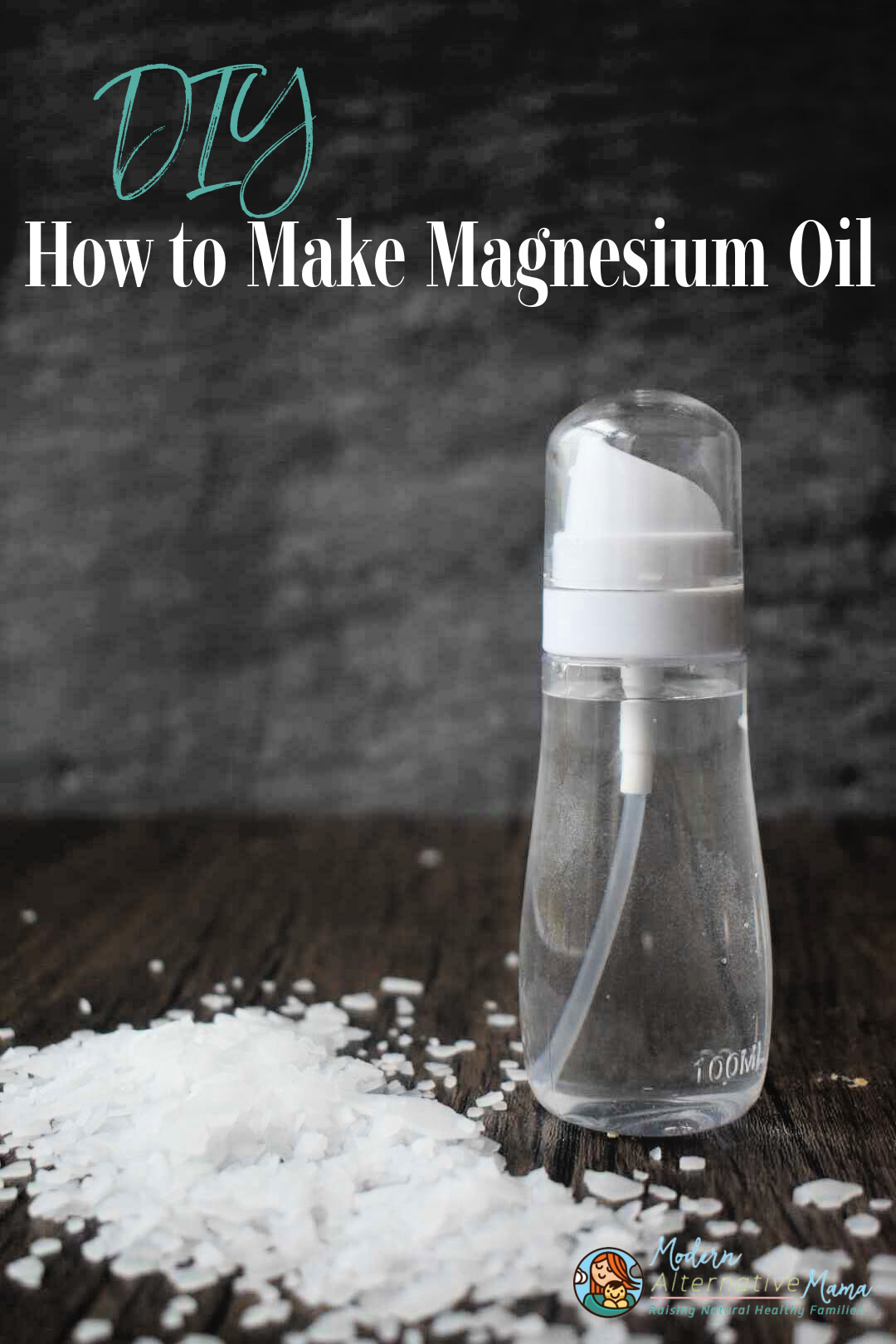Before my first baby was born, I asked around about child birth education. What were the options? And did I really need to take a course?
My OB was entirely unhelpful — “Well, the hospital offers them, if you want to take something, but you don’t have to.” Then I took the advice of a friend who said hers was useless. Sadly, she had taken a hospital-based course and was also of the mindset that an epidural was necessary immediately upon entering the hospital in labor. I had hoped to go naturally.
I did basically no preparation for my first birth. I figured I’d just know, instinctually, what was happening and what to do.
Instead, I ended up terrified and in a lot of pain because I didn’t really understand what was happening to my body. It wasn’t like I thought it would be at all. (And indeed my labors are not ‘text book’ anyway.) This feeling of being ‘out of control’ significantly increased my fear, which also increased the pain I experienced. I opted for an epidural, which reduced my pain but ultimately not my fear. (Some of the fear, though, was from the incredibly big idea that I was just ‘me’ still…but at some moment my baby would arrive and I would become ‘mom’ for the rest of my life. I could not wrap my brain around how rapidly that transition would ultimately take place.)
I prepared for my second and third births very well, and I experienced them as intense and somewhat exhausting, but not really painful.
What this brings to light is an important fact: despite the fact that birth (and breastfeeding, and motherhood in general) are “natural,” preparation is still required.
Why Prepare?
Birth is natural. But, birth is still an entirely new experience, that is unlike anything a woman has ever gone through before. There is no experience out there that can adequately prepare you for what labor and birth will be like — except actually going through it.
However, learning about what happens and how to cope with various stages and “symptoms” (like back labor) can reduce your anxiety and help you manage labor easier.
Imagine sharp pains that increase and decrease in waves running through your body while you had little understanding of what was happening or why. Scary, no? Now imagine that you know that the top of your uterus is contracting (the muscles are shortening and pulling up on your cervix, which opens and effaces it). Imagine your baby is working with you, moving down, while your body opens. Doesn’t feel quite so scary now, does it?
A lot of the pain in labor is due to fear and a perception of labor as uncontrollable and difficult. Understanding what will happen to your body in each stage, and knowing that certain parts are going to be difficult goes a long way to helping you remain calm. The natural oxytocin produced during labor will help to take the edge off the pain — but if you are scared, the epinephrine your body produces removes some of the benefits of oxytocin, which results in a longer and more painful labor. Knowledge is literally power to shorten your labor and make it less painful!
Plus, taking a class can give you strategies to cope with the roughest points of labor. It’s not uncommon for women to hit transition and begin to cry, get nauseous, or even say “I can’t do this.” If they know this is coming (and this means it’s almost over), many cope better. If they’re struggling, their support people can help them through this. (Personally, I never thought “I can’t do this” at all in my third labor. I knew when it got tough that I was almost done, so I just asked for help with counter-pressure and worked through it.)
Benefits to Child Birth Education
There are several benefits to taking some form of child birth education.
- Understanding the progress of labor and how you might feel
- Understanding what is happening with your body and your baby
- Reducing your fear of labor by reducing the “unknowns”
- Providing coping mechanisms to deal with the intensity and discomfort in labor
- Providing information to your support person/people on how to help you cope with labor
- Shorter, less painful labor
- Less likely to use/request pain medication
That’s pretty awesome!
Options in Child Birth Education
There are several major “systems” out there. Choose which one is right for you.
Bradley
This is a so-called “husband coached” method because the husband is key to helping his wife relax and guiding her through the labor experience. Classes are not cheap and are through independent, Bradley-certified instructors, and typically start at 12 weeks. They also discuss nutrition and a lot of other pregnancy issues beyond simply the labor/birth. (I haven’t gone through it so I don’t know how accurate any of their nutrition/health information is, but a lot of women enjoy their labor coaching method.)
Hypnobirthing
This is a more recent method which teaches women to enter sort of a state of hypnosis in order to produce deep relaxation, facilitating labor. It sounds “silly” to some but many women claim to have experienced painless child birth using this method. It requires different types of visualizations and aural cues to help induce relaxation. I have also not personally been through this.
Lamaze
This is not very common now, but it focuses on various breathing techniques to help a woman relax during labor. Many women say the breathing helps them quite a bit.
Hospital-Based
Hospital courses are usually very non-specific and also cover the use of pain medication and general hospital information (i.e. how to preregister, what ‘the hospital experience’ will be like, and so on). Most women opt for these classes, but they may or may not be the best choice. It depends on the curriculum and who is teaching them (often a nurse).
Independent
There are lots of independent childbirth instructors, both certified and non. I took a course through a midwife at our local midwives’ practice — she was not a certified instructor but was a certified midwife. There are women who are certified through CAPPA who teach classes in their homes or in your home, and of course these depend entirely upon location. Ask questions to make sure the course will cover at least basics of labor and coping mechanisms.
Online
There are online-based classes or DVD-based classes you can buy. This time, I’ll be reviewing The Pink Kit as I brush up on my skills and involve my husband. There are other options like this as well.
Other
There are sometimes classes at maternity stores, birthing centers, or various other places.
Shop around to see what classes are available in your area. Find out what they teach and how much they charge. If at all possible, take your support person/people with you to all classes.
Even if you think you do want an epidural, child birth education can reduce your fears about the process and help you cope before you receive an epidural…or in case it doesn’t work or you don’t end up getting one. It’s a good idea for all women who are going through child birth. It also removes the mystery for husbands and partners, for whom the pregnancy is not as “big a deal” as the woman herself (simply because they aren’t physically going through it, not because they don’t care!). Participating in learning and supporting their female partners can help them bond and feel involved.
All around, child birth education is a great idea. 🙂








While I definitely agree with you that education is important, I was educated and still felt scared & out of control with my daughter’s birth (first time mom). My labor was very much not textbook & I think knowing how it was *supposed* to go actually increased my fear, ironically. Once my doula was with me, though, I felt a lot better about the situation and coped much better. So I guess I’d say that, for me, a doula was more important that childbirth education the first time around. The second time around I think you’re always going to be better off because you know what birth can be like *for your body*. And you know what you’re capable of.
YES. I encourage EVERYONE who asks me to go through childbirth classes. Ours with our first pregnancy was an independent instructor who uses some aspects of Bradley and Lamaze, but also focuses on making sure expectant parents are completely familiar with the process of birth and informed consent. We loved it! After the classes my husband started describing us as ‘birth nerds.’ 🙂 With this pregnancy we will probably be taking the Bradley class now offered by our midwife’s apprentice.
I didn’t have access to a natural childbirth class with my first child born in South America as we lived rurally. I read lots of books, but still felt unprepared. With my second child, I did the online course offered through http://www.givingbirthnaturally.com/ and LOVED it! It helped me overcome my fears that I had as a result of a traumatic experience the first time around and I felt very capable and prepared. The labor and delivery were a dream! I plan to do this course again as it is affordable and I found it to be very helpful and empowering.
We have not been through childbirth classes yet since we don’t have any children and aren’t yet pregnant, but they are on my MUST DO list, mostly because my husband is horrified that I want to birth my babies at home. The whole thing sounds very scary to him & childbirth classes will explain the process to him so that he is not as nervous.
Yes!! Even more so moms need Baby Classes!! I’ve noticed most of the moms I see when I’m out and about have no idea what they are doing and in some cases are very badly damaging their infants health and well being without even knowing it!! More education is required! I am a parent educator and am desperately trying to open a place in Ohio where I live (just moved here 5 months ago). Where we came from in Cali there are tons and tons of resources for moms and dads. Here there are none.
Thanks so much for your post on childbirth ed! I am a Lamaze-trained childbirth educator, and I just want to make one correction regarding your comments on Lamaze. Lamaze is in fact one of the most common and well-respected childbirth education courses in the world, and is considered the gold standard in childbirth education. The old breathing techniques of the Lamaze of the past (everyone remember “hee-hee-hoooo”?) have not been taught for decades. Lamaze partnered with the World Health Organization some time ago and now is a comprehensive, evidence-based childbirth education program that addresses healthy pregnancy, birth, breastfeeding, and postpartum. It is not a “method” but rather teaches broad, informative classes that educate families on choices and evidence-based practices. (Check out Lamaze’s Six Healthy Birth Practices here: . They have rigorous certification standards and testing for their teachers, and are a leader in childbirth education worldwide. Thanks for the opportunity to correct a common piece of misinformation about Lamaze!
YES! I did Bradley with my first, HypnoBirthing with my 2nd and Hypnobabies with my 3rd. Childbirth Education is for all moms, not just first time moms. 🙂
[…] MAP – Do You Need Child Birth Education? […]
I just had my first baby 2.5 months ago. Prior to that my husband and I attended Lamaze classes at our hospital and I found it immensely helpful! I recommend it to all my pregnant friends. I read and educated myself on childbirth beforehand (the classes helped so much, too) and knew completely what was going on with my body. I knew what to do to help my labor progress, how to breathe and relax, and how to work with my body. I wasn’t scared or anxious even though my labor got a little intense (transition, anyone?). I think knowledge is essential for a smooth birth.
[…] MAP – Do You Need Child Birth Education? […]
With my first birth I didn’t have any education, I just knew I would know what to do, like the author. And I didn’t feel any fear, pain yes, but why fear??? I honestly don’t understand that, maybe you had wrong personnel around you (I pretty much was by myself or with my husband), I had a complete natural birth. Still think these childbirth classes are a joke, but that’s me.